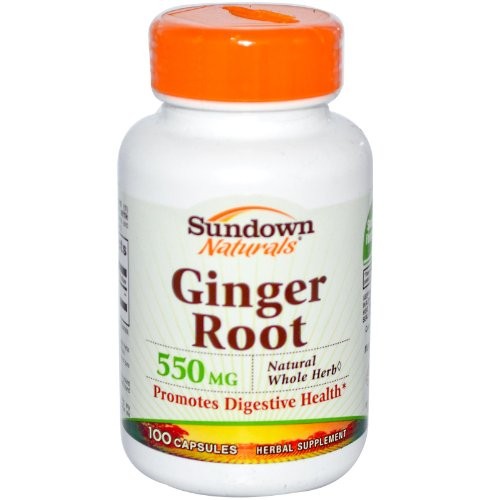Ginger root, derived from the Zingiber officinale plant, has been used for centuries in traditional medicine for its medicinal properties. Known for its distinct spicy flavor and aromatic scent, ginger is a versatile herb that offers a wide array of potential health benefits. Ginger supplements, typically made from dried ginger root or ginger extract, provide a concentrated source of its bioactive compounds, making it easier to incorporate into one’s daily routine. This comprehensive guide explores the extensive advantages of ginger root supplements, covering their mechanisms of action, scientific evidence, and practical considerations for those interested in incorporating them into their health regimen.
Mechanisms of Action
Ginger contains bioactive compounds such as gingerol, shogaol, and zingerone, which are responsible for its therapeutic effects. These compounds possess antioxidant, anti-inflammatory, and anti-nausea properties, among others. Gingerols, in particular, are believed to be the primary active constituents responsible for many of the health benefits associated with ginger supplementation. Ginger supplements work by exerting their effects on various physiological pathways within the body, including those involved in inflammation, digestion, and nausea.
Digestive Health
One of the most well-known benefits of ginger supplements is their ability to support digestive health. Ginger has been traditionally used to alleviate gastrointestinal discomfort, including indigestion, bloating, and nausea. Ginger supplements may help promote digestion by stimulating the production of digestive enzymes and gastric juices, thereby enhancing nutrient absorption and reducing symptoms of indigestion. Additionally, ginger contains compounds that help relax the smooth muscles of the gastrointestinal tract, relieving spasms and discomfort associated with digestive disorders such as irritable bowel syndrome (IBS) and dyspepsia.
Nausea and Motion Sickness
Ginger supplements are commonly used to alleviate nausea and vomiting, particularly in cases of motion sickness, morning sickness during pregnancy, and chemotherapy-induced nausea. Ginger has been shown to help reduce the severity and duration of nausea and vomiting by acting on the gastrointestinal system and the central nervous system. Gingerols and other bioactive compounds in ginger exert anti-nausea effects by inhibiting the action of serotonin receptors and modulating neurotransmitter activity in the brain. Several clinical studies have demonstrated the effectiveness of ginger supplementation in reducing nausea and vomiting, making it a popular natural remedy for these symptoms.
Anti-inflammatory Effects
Ginger supplements exhibit potent anti-inflammatory properties, which contribute to their potential health benefits for conditions such as arthritis, muscle soreness, and chronic pain. Gingerols and other bioactive compounds in ginger help reduce inflammation by inhibiting pro-inflammatory enzymes and cytokines, thereby alleviating pain and swelling associated with inflammatory conditions. Studies have shown that ginger supplementation may help improve symptoms of osteoarthritis, rheumatoid arthritis, and other inflammatory disorders, with some individuals experiencing reductions in pain and improvements in joint function.
Practical Considerations and How to Take Ginger Supplements
Ginger supplements are available in various forms, including capsules, tablets, powders, and liquid extracts. The appropriate dosage of ginger supplements may vary depending on individual health needs, age, and specific requirements. It’s essential to follow the recommended dosages provided by supplement manufacturers or consult with a qualified healthcare professional for personalized guidance.
While ginger supplements are generally considered safe for most individuals when taken as directed, some people may experience side effects such as gastrointestinal upset or allergic reactions. Pregnant and breastfeeding women, individuals with certain medical conditions (such as bleeding disorders or gallstones), and those taking medications should consult with a healthcare professional before using ginger supplements. Additionally, ginger supplements may interact with certain medications, particularly blood thinners and medications for diabetes or high blood pressure, so it’s important to seek medical advice before starting supplementation.
Conclusion
Ginger supplements offer a wide range of potential health benefits, including support for digestive health, relief from nausea and motion sickness, anti-inflammatory effects, and pain relief. With their well-established mechanisms of action and growing scientific evidence, ginger supplements stand as a valuable option for individuals seeking natural remedies to support overall health and well-being. By incorporating ginger supplements into their health regimen, individuals can harness the therapeutic properties of this ancient herb to promote vitality, resilience, and longevity. However, it’s essential to use ginger supplements responsibly and in conjunction with a balanced diet and lifestyle to maximize their effectiveness and ensure optimal health outcomes.

